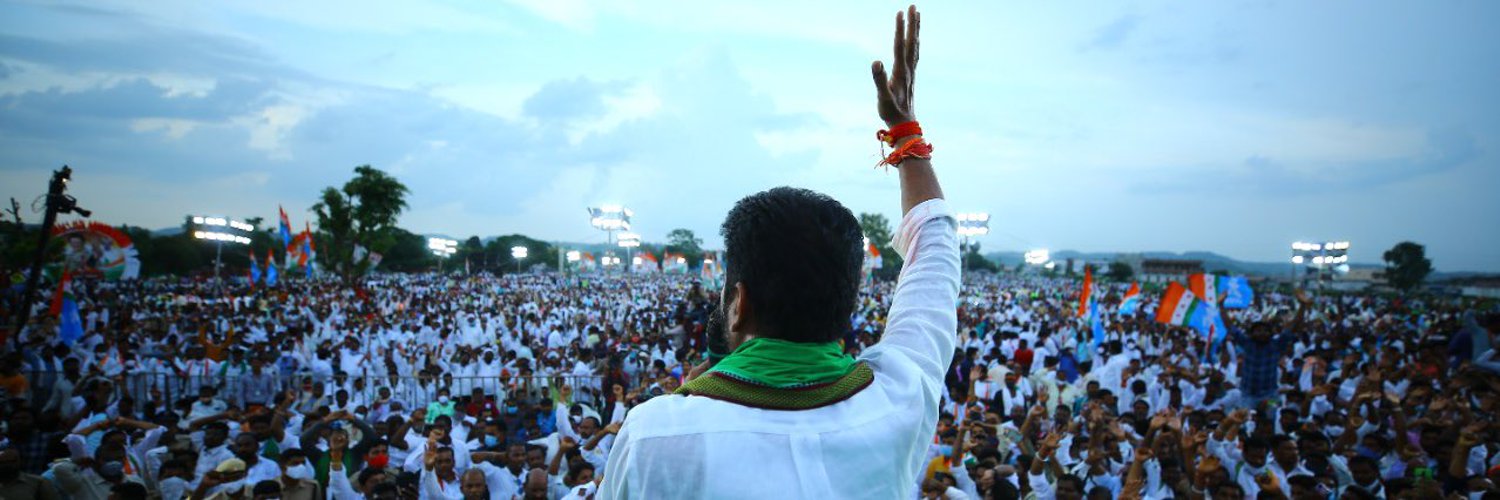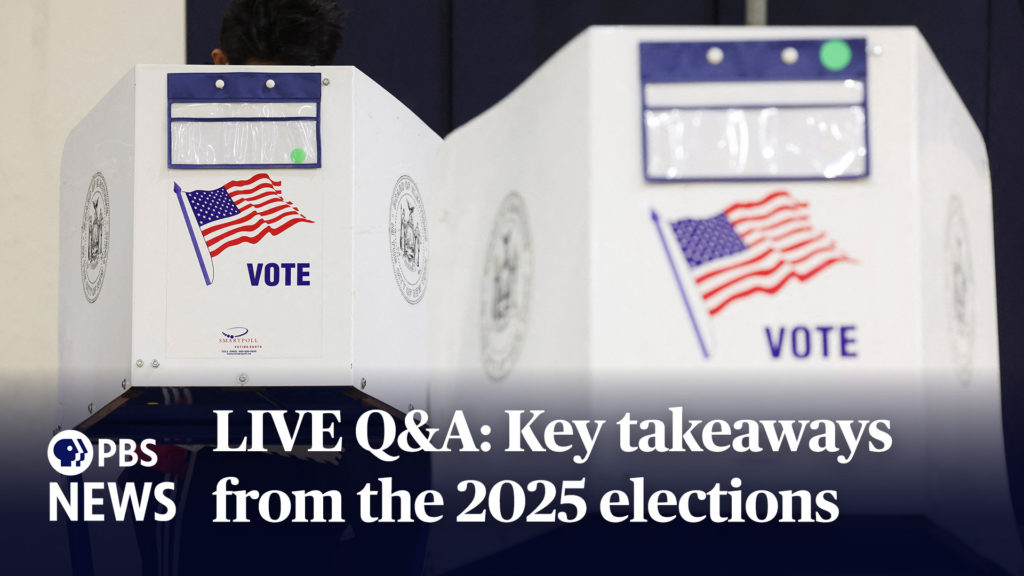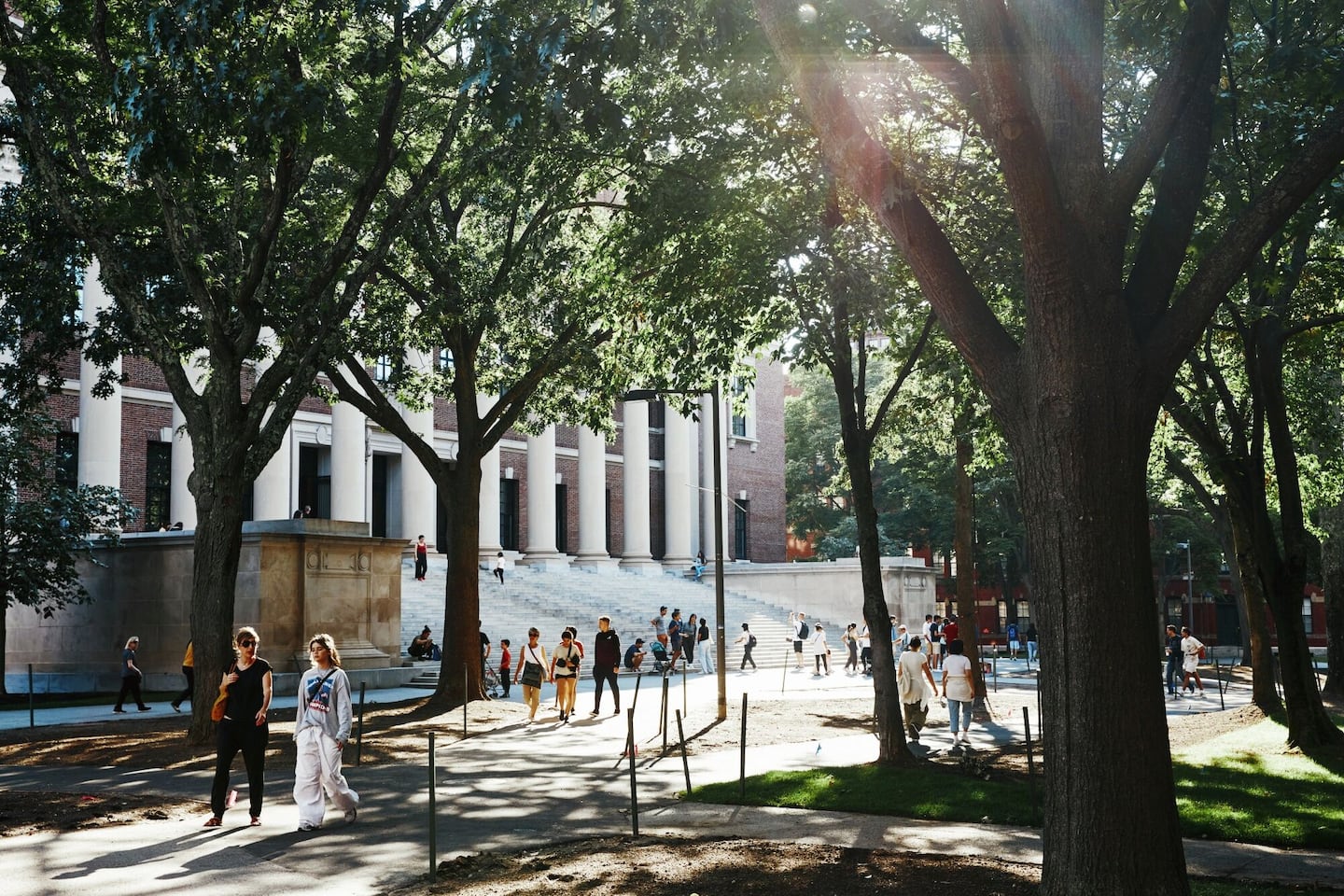Copyright warontherocks

I served 20 years in the Army and today is the first Veterans Day since joining the War on the Rocks team last year. We publish articles and podcasts on war, diplomacy, military strategy, defense policy, and foreign affairs. As such, the use (or threat) of force as an instrument of policymaking, and by extension those who wield it, is entwined with everything that appears on our outlet. We benefit immensely from the perspectives of those who have served or are currently serving in uniform. However, this Veterans Day feels different. Partisanship and distrust are rising across the country, including within the ranks. Both active-duty and reserve servicemembers have been pulled into internal law enforcement in cities across the country. It’s easy to blame politics or civilians who “don’t get it.” But the burden of rebuilding trust doesn’t rest only with them. Veterans have a role to play, not just as symbols of service, but as citizens who can bridge the gap between those who serve and those who are served. Go Beyond Giving Thanks Personally, I don’t like it when someone thanks me for serving. Many others share this sentiment. While I understand the temptation to show gratitude, it still feels awkward being on the receiving end. It’s often the very next thing somebody says after I tell them I was in the Army. In fact, it’s very rare when it isn’t said. Even though I feel slightly annoyed, I have also come to expect it — which I also don’t like because it smacks of self-entitlement. In other words, I am conflicted about feeling conflicted. I never reply by saying “you’re welcome.” That would be weird. It’s not like I’ve just held open a door or passed the saltshaker. Military service is different because it’s obviously more personal and meaningful than polite, if ordinary, gestures between two people. Instead, I almost always say something like “thanks for your support” in response. These routine expressions of gratitude reveal a lot about civilian-military ties today: Most Americans respect the military but are deeply disconnected from it. Both the share of the U.S. population and members of Congress with military experience have declined steadily for decades. The military is at once fenced off from society by a highly specialized culture and language and yet bound to the principle of supreme civilian authority. There are better ways to show appreciation to a veteran. Asking why someone chose the branch of service they did is one good question. Asking what they miss the most about serving is another. Both are open-ended and get people talking, which opens up the possibility of follow-up questions and richer conversation. I use these myself when engaging with fellow veterans on Soldier Pulse and elsewhere. You should too. More importantly, instead of wishing civilians would say the perfect thing, maybe those of us who served can make it easier for them. A short story about what our unit did, or one lesson we carried home, opens a door. It turns a ritual into a conversation. What Veterans Can Do Building bridges begins with veterans themselves. The habits of service — discipline, teamwork, loyalty, and a sense of mission — translate powerfully into civic life, but only if they are put to use outside the wire. Veterans can model what citizenship looks like when anchored in duty and perspective. That starts with being present, patient, and willing to share. Start by telling your story, not to seek admiration but to offer understanding. When a neighbor or coworker asks about your service, resist the urge to retreat behind humility or discomfort. Explain what drew you to serve, what you learned, and how it shaped the way you approach challenges today. These are not war stories so much as lessons about responsibility and community — stories that remind civilians that service is part of a shared national project, not a separate world. Next, serve where you live. Join a local board or volunteer organization, coach a youth team, or mentor students and new professionals. Veterans have seen what effective leadership, clear communication, and accountability look like under pressure. Those same qualities can strengthen schools, nonprofits, and small businesses. Every veteran who becomes an active neighbor or civic participant helps narrow the gap between the military and the society it protects. Finally, set a public example of trust and restraint. When politics turn bitter or debates about the armed forces become partisan, veterans can steady the conversation by reminding others what the profession of arms stands for: service before self, respect for lawful authority, loyalty to the constitution, and confidence in democratic institutions. Modeling calm, integrity, and empathy in public life is one of the most meaningful ways to keep faith with the oath every servicemember once swore. Veterans cannot mend all of society’s ills, but they can show what it means to live the values they defended. In doing so, they help renew the bond between the armed forces and the republic itself. Look to the Future Beyond observing those who have served, Veterans Day can also mean reaching out to those who will serve. This is particularly important because the recruits and cadets of today will be among the most crucial stewards of the military profession tomorrow. Recently I had the opportunity to engage with a third-year Reserve Officers’ Training Corps cadet. She is preparing to attend the Army’s Advanced Camp next summer, a major training milestone and key requirement for commissioning. She wants to be commissioned into the Military Police Corps and then transfer to become a foreign area officer. I took the opportunity to tell her what the training pipeline involved and that successful transition starts with being a high performer in your basic branch first. Above all, this means keeping the main thing the main thing: demonstrating duty, honor, courage, and character and being a positive example for your soldiers to follow. While our conversation was brief, I hope she took a few nuggets of advice to put in her rucksack. I was grateful for the chance to share my thoughts with a bright and capable future veteran. In the years ahead, she will be among the junior and mid-career officers who will help guide the profession. There is reason to be hopeful. On this Veterans Day, I also ask my fellow veterans to do their part and continue to serve in ways that can realize a more civically minded and less divided country. For those of you who did not serve, I encourage you to engage with those who have served — or will serve — beyond a simple and instinctive “thanks.” Asking the right questions can lead to deeper conversations. Many veterans have led extraordinary lives but see themselves as ordinary people whose military service is only part of their identity. I was once a soldier. I am also a father, brother, and son — a reminder that I should call my dad today, himself an Army veteran. Rick Landgraf is Commentary Editor at War on the Rocks and a retired U.S. Army officer. Image: Presidio of Monterey via Wikimedia Commons



